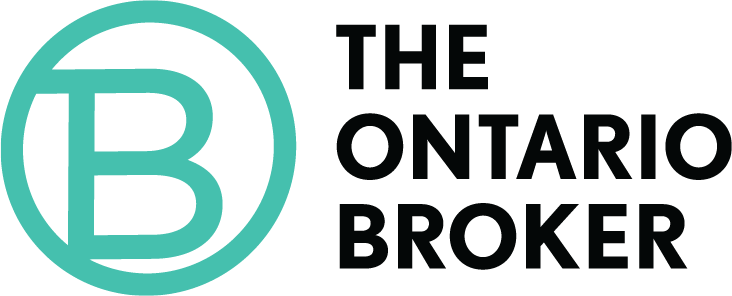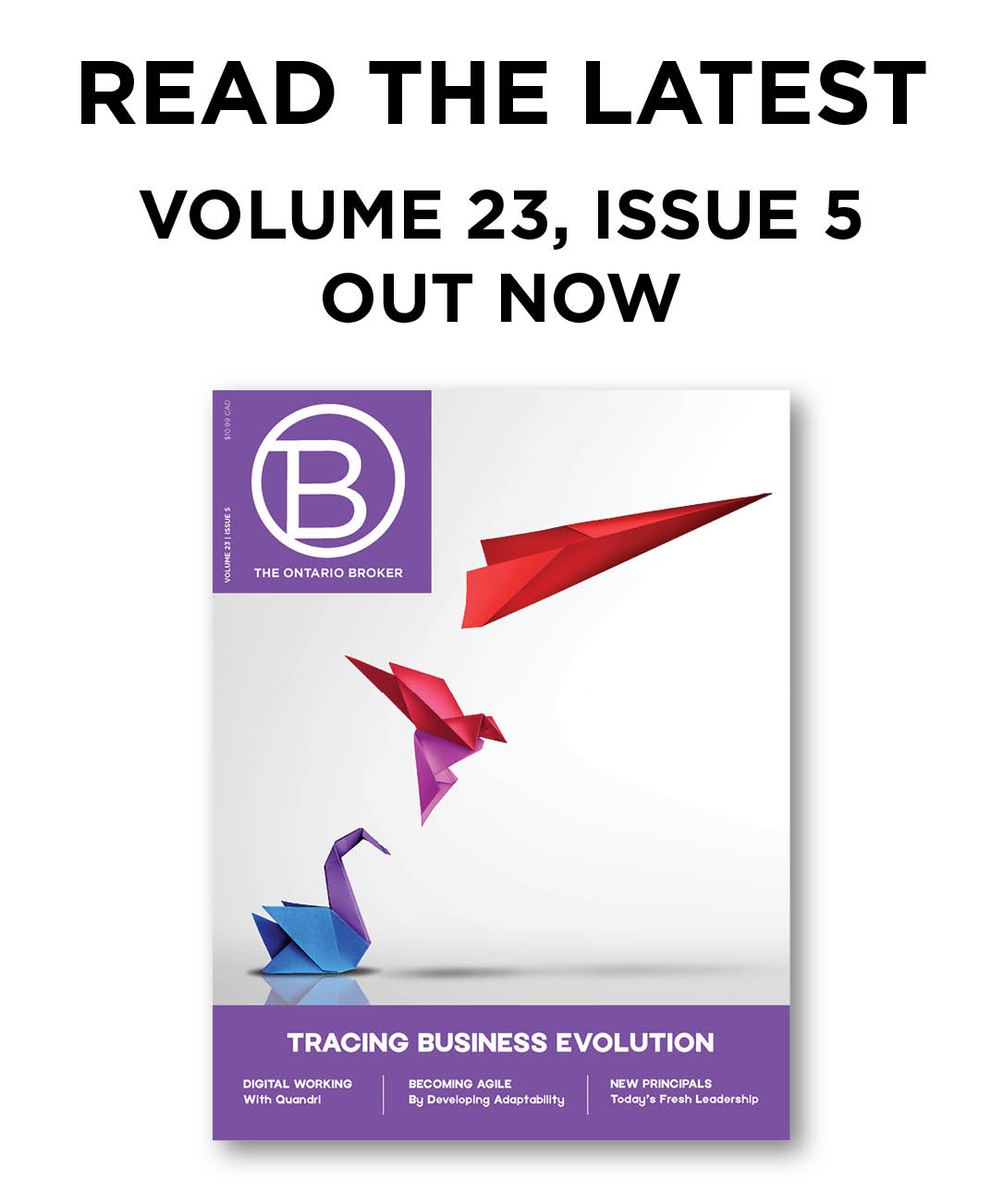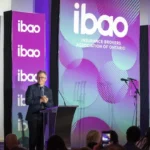

With Cyndi Hornby, Coordinator, Insurance Programs Fanshawe College
Mohawk’s Insurance program started in the early 1970s and is the longest running insurance program in Ontario. It’s a four-semester, two-year program and co-op program where students learn for three semesters then pursue a paid placement for eight to 12 months before returning for a final semester.
TELL US ABOUT THE PROGRAM AND YOUR INVOLVEMENT
I coordinate Fanshawe’s Insurance Programs and have been involved since 2005. I’m also professor in the program and teach several different insurance related courses. Prior to a career in teaching, I was a registered insurance broker.
Our flagship offering is the two-year Business–Insurance Diploma that includes an optional cooperative education stream. We also offer a one-year Insurance & Risk Management Graduate Certificate and a one-year Customer Service Fundamentals of Insurance Certificate Program.
DOES THE PROGRAM INCLUDE BROKER CHANNEL CONTENT?
Yes—we use it as the basis for our insurance curriculum, which includes the Essential Skills for Brokers/Agents course and discussion on all types of distribution channels in other courses. We use the General Insurance Essentials (GIE) textbook in our Fundamentals of Insurance course—it’s the foundation of the RIBO licensing material for students wanting to write their RIBO license exam.
WHAT KIND OF STUDENTS ENROLL?
The average age of students enrolled in our programs is 24—we don’t attract many of the traditional students that enroll directly out of high school. Our graduate studies students must have completed a prior degree or diploma to qualify so they come in with post-secondary experience. When asked, most of our students indicate they have family or friends in the industry who have extolled the virtues of a career in the industry.
Most of our students are international, representing a variety of countries and diverse education and work experience—many were in the insurance industry in their home country. These students are interested in working in Canada and eventually achieving permanent residency. Domestic students are predominately from our catchment area around London, but many travel in from across Ontario to study.
WHAT KINDS OF ROLES ARE STUDENTS PREPARED FOR AFTER GRADUATION?
They’re prepared for entry-level and intermediate positions as brokers or agents, underwriters, loss adjusters and risk managers. We also see many supporting areas that service the insurance industry—forensic accounting or engineering and loss control. To support this, we offer the option to earn credits toward different designations and complete RIBO licensing requirements while completing their degree or certificate.
WHAT’S THE INTEREST LEVEL IN THE BROKER CHANNEL?
The interest in each career path seems to ebb and flow over time. The biggest challenge when talking to students about potential broker positions is that they believe working in the field only pays commission. IBAO continues to find ways to explain the variety of positions, which has helped—students appear to be more interested because of the diversity of opportunities in the broker channel. Many brokerage offices have employees that take on underwriting and adjusting roles along with service and production. The RIBO bursary and IBAO’s Mentorship Program helped attract more students to the broker side. We discuss opportunities offered in insurance based on the demographic shift as older employees are preparing for retirement and mentoring the younger professionals into management roles.
HOW HAS THE PANDEMIC AFFECTED THE PROGRAM?
Although we’ve been teaching and learning online since mid-March 2020, enrollment hasn’t suffered. Despite the loss of several domestic and international students who weren’t comfortable learning online, we saw an increase in mature students who are working, often full time, and can now fit education into their day-to-day lifestyle. There are also those who lost their previous positions due to the pandemic and want a new career that offers more security. Add to that the ones that’ve wanted a career change for a while and have investigated insurance as a good path to follow. They’re happy to have the option for non-traditional face-to-face learning.
That’s not to say we’ll stay online forever. We’d hoped to return to campus learning this January, but due to the surge in the Omicron variant, many programs have pivoted back online. We’re eyeing a September return.
As our industry, like many others, has moved to work-from-home options for employers, students are coming to their new career fully prepared and readily accepting of this work environment. They’re participating in virtual meetings, career events, interviews and industry seminars. They’re independently working to complete tasks individually and in teams. I think they’ll find this transition to remote work much easier than many of us did. It also means they can pursue their careers without the geographical limitations of living nearby.
ANY NEW INITIATIVES?
The insurance programs at Fanshawe are well-established. We’ve developed very strong relationships with industry associations and partners. The IBAO initiative to offer mentorship to new students was a welcome one and has already encouraged many to investigate this career option further. I have no doubt we’ll see other associations follow in their footsteps.





